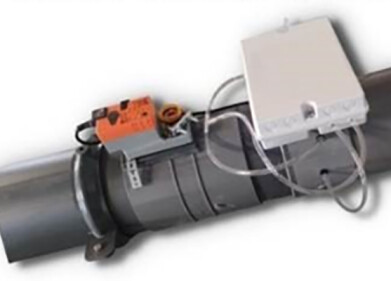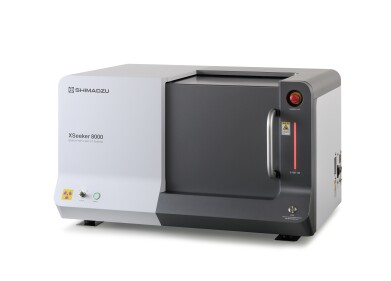Laboratory Products
Recruitment for a Laboratory - Graduates, Postdocs & Technical Staff
Sep 23 2022
A strategic approach to recruitment is vital when setting up a laboratory. At the end of the day, personnel have an enormous impact on the overall success of the laboratory and the quality of research. As Steve Jobs famously quoted, “the secret of my success is that we have gone to exceptional lengths to hire the best people in the world.”
Find out more about the process for hiring graduates, postdocs and technical staff below:
Graduates
Graduates may not have experience, but they’re coveted for their enthusiasm, innovation and thirst for knowledge. Many recruiters consider them ‘blank slates’ that can be shaped into talented scientists. American chemist and Nobel Prize laureate Thomas Cech recalls, “early in my career, when I couldn’t attract top postdocs, I put my energy into graduate students and technicians.” He says they’re “like raw lumps of clay that have the opportunity to mould themselves into something really great.”
Postdocs
Postdocs bring invaluable experience and expertise to the table. However, over the past few years Principal Investigators (PIs) responsible for coordinating laboratory operations have reported major difficulties hiring new postdoc staff. University College London chemist and computational scientist Peter Coveney says applicants have “reduced to a trickle” and hiring for roles such as postdoctoral researchers has become a challenge. Coveney is concerned that without qualified applicants, critical research projects simply won’t go ahead.
University of Cambridge neuroscientist Madeline Lancaster sympathises. She received less than 40 applications after advertising a postdoctoral neurology position, significantly less than the several hundred usually received.
“I had been nervous that I wouldn’t be able to go through all of the applications,” says Lancaster. None were suitable or qualified for the postdoctoral position. “I still have not filled the position,” she adds. “There seems to be lots of competition for strong candidates.” This trend is unusual, especially due to the intriguing nature of the project, which involved growing ‘miniature brains’ to develop a deeper understanding of neural pathways and development.
Experts maintain the shortage is fuelled by a mix of economics, politics and changing career goals within the scientific community. In an article published in the journal The Hematologist, co-author Alisa Wolberg talks about how these factors have created a “perfect storm” when it comes to hiring laboratory personnel. The article warns that if the crisis is not addressed, it will “impact hematology research in profound ways and require a rethinking of how research careers are developed and supported.”
Technical Staff
Laboratory technical staff carry out practical, hands-on work that directly supports research. From healthcare and drug development to food analysis, they’re found in almost all types of laboratories. New hires are usually recruited through advertisements or via word-of-mouth recommendations. At most laboratories, technical staff are considered employees and receive a salary. This is an expense often covered by research grants.
Setting up a research lab requires a strategic approach to budgeting, hiring and stocking up on supplies. Find out more about the unique set of challenges faced by scientists in ‘How to Start a Research Lab - All Bases Covered’.
Digital Edition
ILM 49.5 July
July 2024
Chromatography Articles - Understanding PFAS: Analysis and Implications Mass Spectrometry & Spectroscopy Articles - MS detection of Alzheimer’s blood-based biomarkers LIMS - Essent...
View all digital editions
Events
Jul 28 2024 San Diego, CA USA
Jul 30 2024 Jakarta, Indonesia
Jul 31 2024 Chengdu, China
ACS National Meeting - Fall 2024
Aug 18 2024 Denver, CO, USA
Aug 25 2024 Copenhagen, Denmark

-(1)-(1).jpg)


24_06.jpg)













